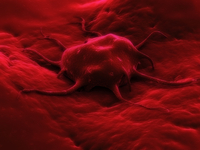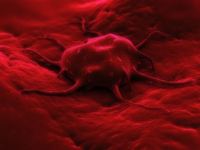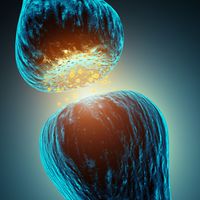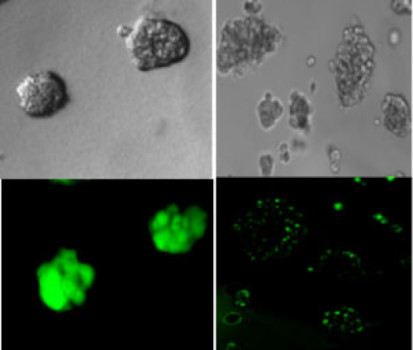
Bats have
always had a bad rap between their nocturnal nature and wealth of myths,
superstition, and gothic literature paints bats in mysterious and in a fearful
light. Contrary to popular myths, bats
seldom transmit disease to other animals or humans. In fact, all mammals can contract rabies but
less than 0.05% of bats that do carry rabies pose
little threat to people WHO DO NOT
HANDLE THEM. In addition, bats are
actually very important to the ecosystem, keeping insects in check and some actually acting as pollinators and seed dispersers. Bat droppings in caves are even useful
in supporting unique organisms, including bacteria useful in detoxifying
wastes, improving detergents and producing gasohol and antibiotics. Read More
So now we
have discussed how bats are important and that we should not fear them, let’s
discuss the situations in which they can be harmful. One of the greatest global health threats and
concerns is emerging diseases, which have never been seen before in humans or as with Ebola which appear sporadically
in new locations. Most emerging diseases
are zoonoses, meaning they are caused by pathogens that can jump from animals
into people. Bats host more than 65
pathogens with one of them being Ebola. Impoverished
nations have been hunting bats as a food source (bushmeat). Remember where we discussed
above that bats are not a typically a threat to those WHO DO NOT HANDLE THEM above? Read More
Image above from the www.theconversation.com.
















